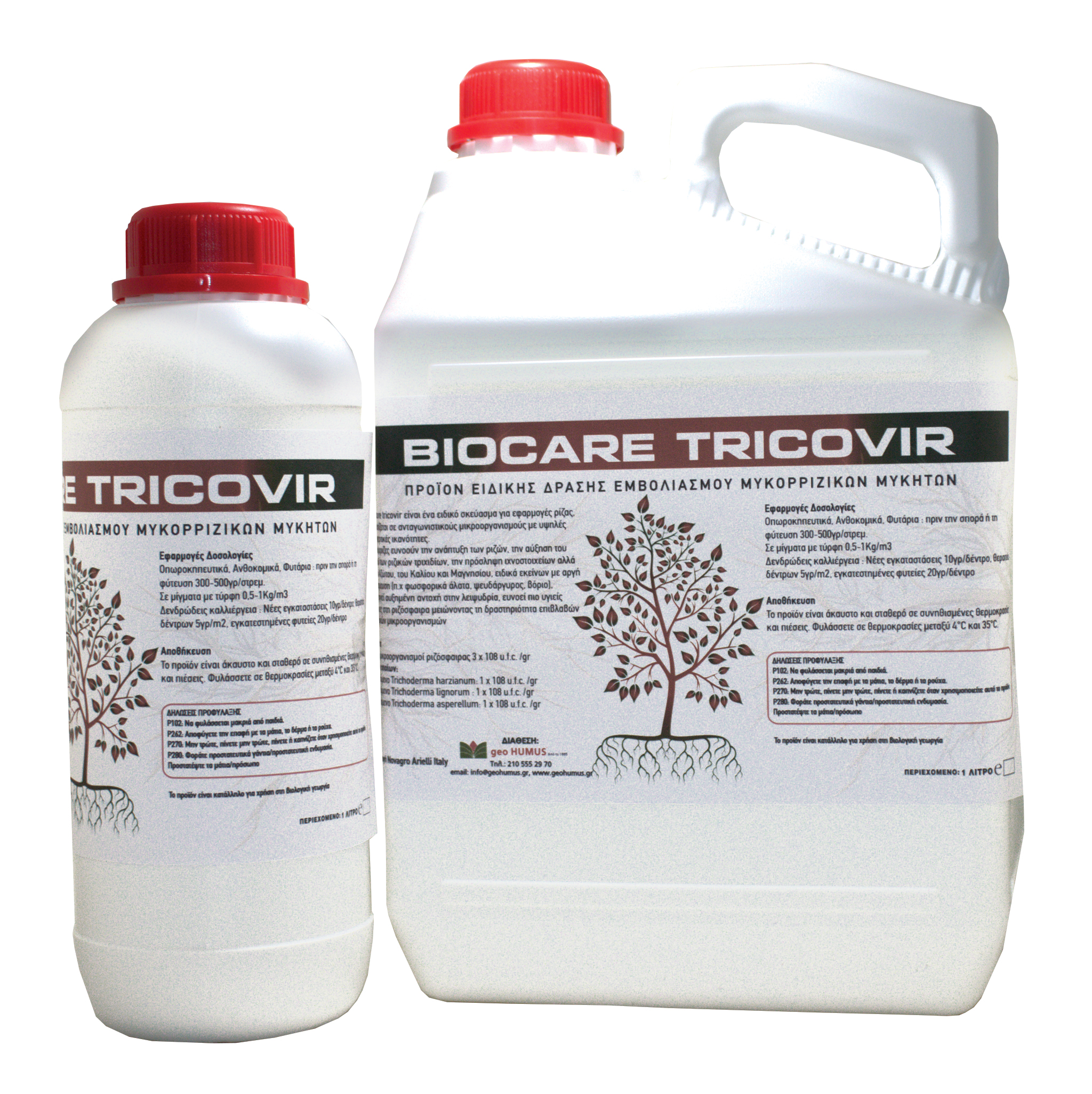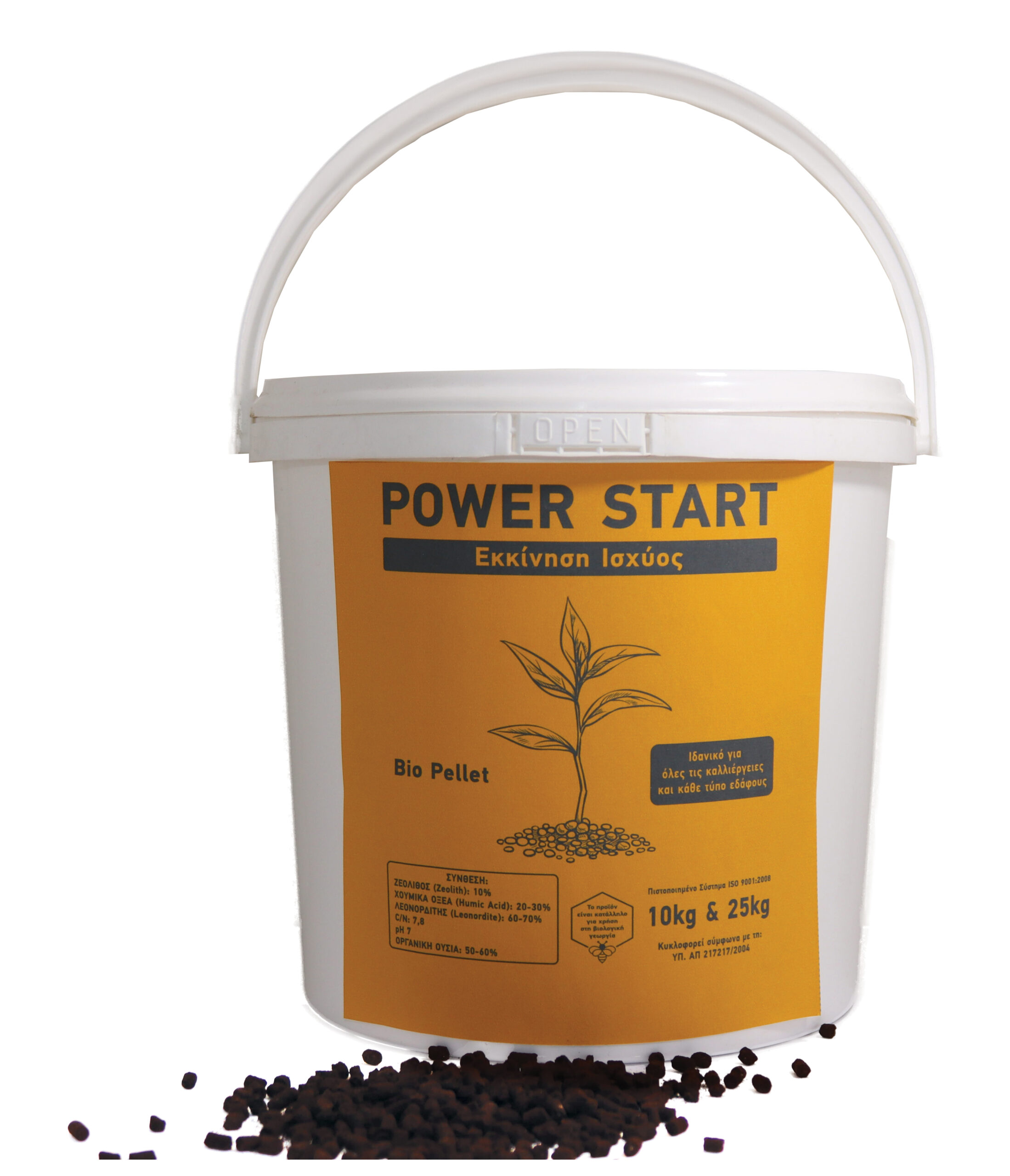HUMUS - Vermicompost

Soil Conditioners / HUMUS – Vermicompost
Organic Humus
Premium Soil Conditioner
5/5
5/5
- Increase Soil Fertility
- Water Holding Capacity
- Liquid Form
- Better Soil Structure
- Enhances Root Growth
- Biological Function
Interested in this product?
geoHUMUS increases soil fertility and structure. It is essential during transplants since it improves the organic matter of the soil and it increases the cation exchange capacity ( CEC )
Available Packaging : 1lt, 6lt, 18lt, 50lt
What is HUMUS Vermicompost for?
geo HUMUS is an organic fertilizer and soil conditioner. The raw materials used for its production are 100% natural. It undergoes a process known as vermicomposting in which two specific types of earthworms, Eisenia fetida and Eisenia andrei, treat the original material to produce fine humus.
The end product is rich in humic acids, trace elements, plant hormones and most importantly beneficial microorganisms which make it an excellent soil enhancing agent


Product Application:
Horticulture-Vegetables-Strawberries-Watermelon-Melon: 100-150 grams in each planting pit, during the first establishment of the plant
150 – 200 grams at each stage of growth around the plant.
Apples-Stone fruits-Citrus-Olive-Pomegranate: 300 – 400 g during transplanting in each planting position
1 – 2 kg on young trees, superficially with good incorporation in the early stages of production.
Floral-Aromatic-Herbs-Tobacco: 70-100g in each planting position, during the first installation and after a 1-month repetition
100 – 120 g (and depending on the size of the plant or the pot) superficially at each growth stage (2 applications/ growing season)
Vines-Cactinidia: 300 – 400 g during transplanting in each planting position
500g – 1 kg on young trees, superficially with good integration in the first stages of production.
Mixtures:
50 – 150 litres per cubic meter
How does it affect plants and soil?
Technical Analysis
Data Sheet
How does it affect plants and soil?
geo HUMUS- Vermicompost provides ( Relatively low N, P, and K content ) but its value as a biological fertilizer should not only be estimated from the content of these elements but mainly from the degree of availability of all its nutrients to the plants.
This soil conditioner also contains elements such as Mg, Na, and S, as well as some micro-elements that are hardly found in inorganic fertilizers but play an important role in plant nourishment
The nitrogen contained in it is slow release ( as in all organic ), does not exist in toxic concentrations, nor is lost by leaching. It has a positive effect on the physical-chemical and biological properties of the soil such as soil aeration, water retention, permeability, and soil structure.
It increases: the amount of organic substance in the soil, root growth rate and density, micro-macro nutrients activity as well as microflora
GeoHUMUS® Vermicompost creates a more stable pH and chelates trace elements.
It enriches the soil with microorganisms and influences the metabolic processes of plants such as breathing, photosynthesis, Sugar distribution, protein synthesis
Technical Analysis
Organic Nitrogen …………………….1%-3%
Organic Phosphorus………………….1%-3%
Organic Potassium ………………….1%- 3%
Organic matter….……………….………..40%
Humic acids …………….……………………15 %
Plant hormones (Auxines ,cytokinines ) 600 units
Trace elements Fe,Zn,Mn,…………350 – 400 ppm
Beneficial microorganisms …….…( 3 * 106 CFU/gr)
pH 6-7
Data Sheet
Optimise your Yields with our Best Products Combination

When applying geoHUMUS® vermicompost – we recommend using Aglev and Energopitis as a complete solution for better yields and soil amendments.
Aglev has a slow action to release minerals …
Energopitis is great because…..
Related Products

BIOCARE TRICOVIR
Biostimulant product rich in humic acids and polysaccharides. Derived from vegetable raw material.

POWER START
Biostimulant product rich in humic acids and polysaccharides. Derived from vegetable raw material.
Have us design a custom nutrition plan for you
Proper Fertilization for Maximum Yield
Balanced nutrition is the key to fertile soil, healthy plants, and high yields. Each crop has different needs for nitrogen, phosphorus, potassium, and micronutrients.
Our agronomists will help you choose the right fertilization plan, tailored to the soil type, growth stage, and climatic conditions, in order to maximize nutrient absorption and minimize losses.
